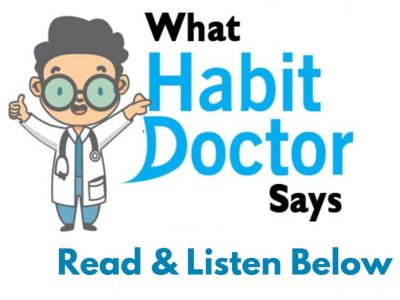My mum taught me how to be forceful. She always expresses her views, is confident in saying no, acts in the best interests of her family, and considers the greater good. She is the most forceful person I have ever met. No one will be able to take advantage of her. If you make an attempt, she will let you know. And you’re not going to like it.
What exactly is assertiveness? The leading authorities in this topic are Robert E. Alberti and Michael L. Emmons. Their 1970 book, Your Perfect Right, is considered a classic on the subject. Assertive behaviour is defined as follows:” Behavior that allows a person to behave in his or her own best interests, to stand up for himself without unnecessary concern, to express his or her true feelings without violating the rights of others.”
There are three sorts of behaviour in general:
Passive: Indirect, dishonest, does not take control, is nice at all costs, and is preoccupied with others.
Assertive: Direct, honest, self-worth, to-the-point, self-centred, respect others.
Aggressive: Harmful, selfish, willing to win at all costs, justify the means, and strives to control others.
The majority of behaviour in our society occurs at the extremes. How frequently do you encounter dishonesty at home, with friends, or at work? It’s not always because someone is trying to harm you. It’s typically because the majority of people are passive. They choose to lie because they are terrified of confrontation. However, there are many aggressive individuals. Aggression, according to some, is growing increasingly common around the world. I’m not sure about it, but I am certain that no one likes being around violent people. The ideal position is in the middle. You should be polite, firm, and not confrontational. That is the essence of assertiveness.
A Technique for Assertion
But how do you increase your assertiveness? You must practise like anything else in life if you want to develop. And practising with aggressive people and in confrontational circumstances is the greatest way to learn.
Do the following the next time you’re in a stressful circumstance or have to deal with an angry person: Remove yourself from the circumstance and the person. Assume you’re keeping an eye on the issue. You should avoid being emotionally connected at all costs. If you want to be more forceful, this is the most crucial thing to remember. And after you’ve removed yourself from the situation, you can just get to the point. Let me give you an example to illustrate what I mean. I called a construction company the other day to have them come out and fix a leak in my flat. “We don’t have anyone right now,” the guy said bluntly, attempting to dismiss me.
“What am I supposed to do?” I asked, separated from the circumstance and realising it wasn’t personal. When it rains, throw everything away. “How would you react? “That went on for a while until he finally said, “OK, OK, I’ll come by myself.” He arrived at my residence two hours later and rectified the leak. The issue has been resolved. We frequently exacerbate situations that aren’t necessarily dangerous. We enable them to become personal as a result. However, we must recognise that others are dealing with their own problems. It’s never about you. Or, instead, we do everything we can to avoid escalation. However, this works against us.
“OK,” I used to respond when anything like this happened in the past. When will you be able to send someone over?” Then there was the matter of waiting. That is typical passivity. To get what you desire in this world, you must be assertive. You don’t have to be a bully, but you should be a little pushy. It strikes me as sincerity. I was merely truthful with him. I had an issue that needed to be resolved.
It’s All in the Practice
We must be cautious not to overdo it as we get more assertive. Otherwise, we run the risk of becoming hostile or domineering. According to new research, informal leaders who have “a reasonable level of assertiveness and warmth” are more liked and respected. That is extremely accurate. When we are overly kind, we risk being taken advantage of. We push others away when we are too forceful. But if we’re direct while also being considerate of others, we can do a lot more together. Unfortunately, being assertive simply makes you more assertive. You’ll need to practise. Every social situation can be viewed as a negotiation.
Never Split the Difference by Chris Voss is a book I strongly recommend. In fact, it was from that book that I learnt the “How am I supposed to do that?” strategy. Ask the inquiry when somebody makes you a proposal you don’t like. “What am I expected to do?” I altered it in my instance. You’ve placed the ball in the opponent’s court. That’s an excellent strategy for dealing with difficult situations. Allow others to find a solution. However, some people require a little prodding to achieve their goals. And that is precise what assertiveness is: a gentle nudge in the correct direction.



I’ve shared these insightful articles with friends and family. They’re a valuable resource for habit building